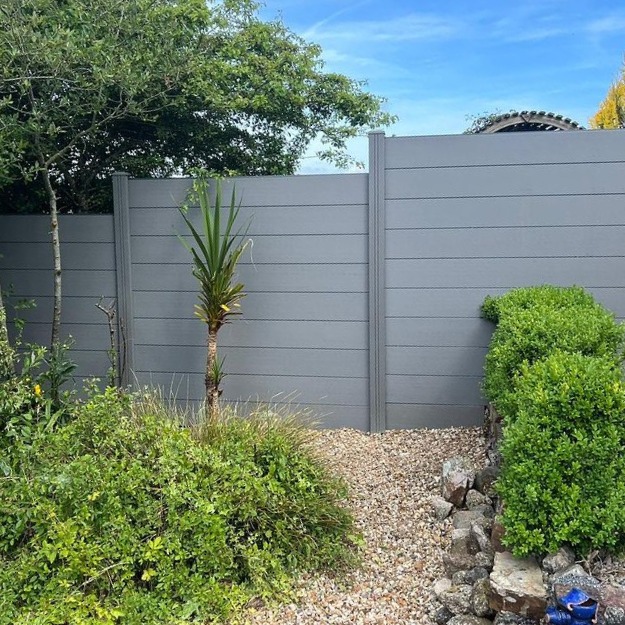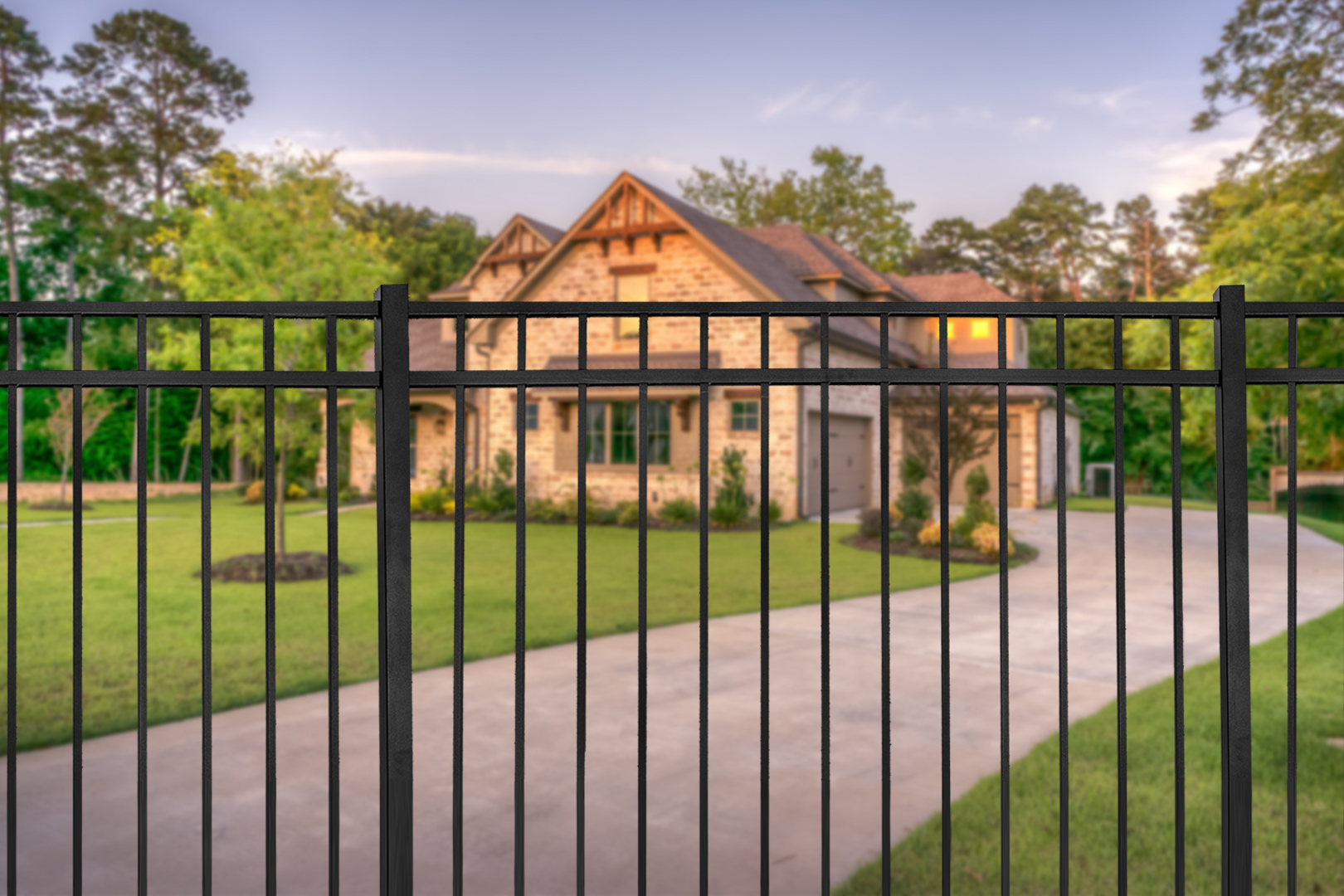All Categories
Featured

When mounting a fencing, picking the appropriate product is crucial to balancing performance, looks, and budget. Wood, vinyl, and aluminum are amongst one of the most typically chosen secure fencing products, each with its staminas and drawbacks. This guide explores the pros and cons of these choices to help you make a notified choice.

Wood Fencing. Pros:. Natural Appeal: Timber's ageless charm can enhance any kind of building with its warm and timeless appearance. Customizable: You can paint, discolor, or carve timber to fit your style preferences. Budget friendly: Wood fence is at first a lot more economical contrasted to a few other products. Ecologically Friendly: As a renewable energy, timber is biodegradable and frequently taken into consideration eco-friendly. Disadvantages:. Maintenance-Intensive: Normal securing, paint, or discoloration is needed to stop damages from weather and parasites. Prone to Decay: Without correct treatment, timber can rot, warp, or crack with time. Much shorter Life expectancy: Generally, wood fencings last 10-15 years, depending upon the kind of wood and upkeep. Wood is an excellent alternative for those who value aesthetic appeals and are prepared to purchase regular maintenance to maintain its look and sturdiness.
Vinyl Fence. Pros:. Low Maintenance: Plastic calls for minimal care-- simply periodic cleansing with soap and water. Weather Resistant: It does not warp, rot, or catch insect damages, making it highly sturdy in numerous climates. Durability: Plastic fences can last 20-30 years with little to no repair services. Design Selection: Available in a vast array of textures, designs, and colors, including wood-like appearances. Cons:. Greater Initial Expense: Vinyl fences are much more expensive upfront compared to timber. Vulnerability to Cold: In extremely chilly climate, plastic can become prone and fragile to splitting. Limited Repair Work Options: Matching substitute panels can be testing if damages happens. Plastic secure fencing is excellent for home owners seeking a long-lasting, low-maintenance service that offers modern flexibility.

Light Weight Aluminum Fence. Pros:. Rust-Proof: Light weight aluminum withstands corrosion, making it an excellent choice for wet or moist atmospheres. Sturdy: Regardless of being light-weight, aluminum is strong and can endure harsh climate condition. Low Maintenance: It calls for marginal upkeep, generally only periodic cleansing. Long Lifespan: Light weight aluminum fencings can last years without considerable damage. Elegant Layout: Often made use of for ornamental purposes, light weight aluminum fencing adds a sleek, sophisticated seek to homes. Disadvantages:. High Initial Investment: Aluminum fencings are amongst the pricier alternatives on the market. Much less Personal privacy: The open layouts usual with light weight aluminum fencing don't supply much privacy. Vulnerable to Damage: While long lasting, aluminum can damage if struck with sufficient pressure. Aluminum is an excellent selection for property owners prioritizing visual appeals and resilience without calling for much maintenance.
Making Your Decision. When deciding between light weight aluminum, timber, or vinyl fence, consider your priorities:
Wood suits those that appreciate an all-natural look and do not mind placing in maintenance initiative. Plastic is the very best alternative for those seeking a low-maintenance, weather-resistant solution. Light weight aluminum supplies smooth style and long-lasting resilience yet may do not have privacy. By very carefully analyzing these products' attributes, you can select a fence that complements your property while meeting your aesthetic and functional requirements.
Latest Posts
Uncover Top Auto Repair Care offered by Montclare Auto Repair – Quality Service Today
Published en
1 min read
Join WyHy Federal Credit Union – Smart Money Management for Your Money Goals
Published en
1 min read
Uncover Reduce Expenses on Car Maintenance with Montclare Auto Repair’s Special Deals
Published en
1 min read
More
Latest Posts
Uncover Top Auto Repair Care offered by Montclare Auto Repair – Quality Service Today
Published May 29, 25
1 min read
Join WyHy Federal Credit Union – Smart Money Management for Your Money Goals
Published May 25, 25
1 min read
Uncover Reduce Expenses on Car Maintenance with Montclare Auto Repair’s Special Deals
Published May 23, 25
1 min read